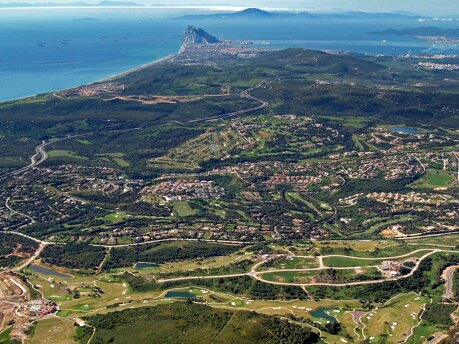
03 – Purchase Process AFTER you buy in Spain
Once you have the keys to your new property it is critical that you do this….
Charles Gubbins and Stephanie Noll | Nov 2022
Once you have the keys to your new property it is critical that you do this….
Charles Gubbins and Stephanie Noll | Nov 2022
What should be done once you arrive in Sotogrande, Spain
Charles Gubbins and Stephanie Noll | Nov 2022
What you should do BEFORE you visit Sotogrande to look for a property
Charles Gubbins and Stephanie Noll | Nov 2022
Planning to move near Sotogrande or Marbella, Spain? Moving from one country to another is very stressful. They say a month of your life is wasted. We know this from personal experience. Between us (Stephanie and Charles) we have moved on more than twenty occasions from Europe to the Caribbean; from the England to the…
Stephanie Noll | Jan 2020
